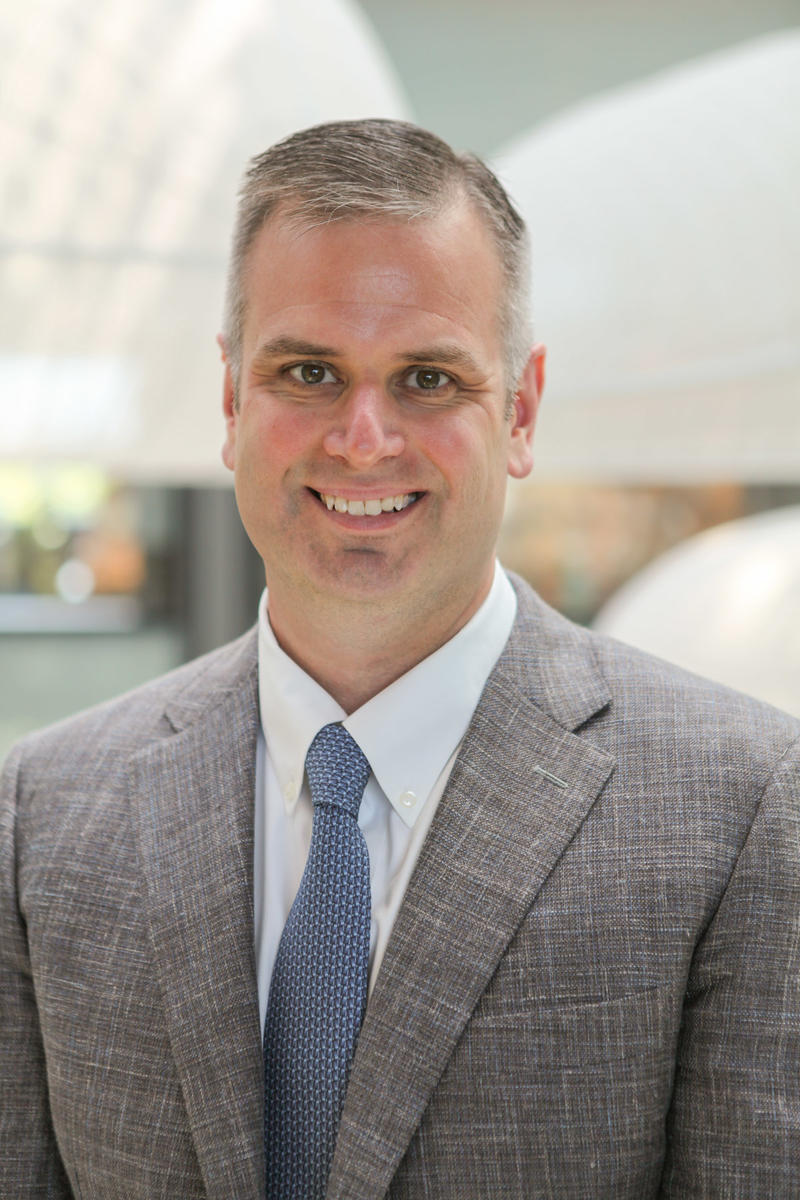Chirik Wins ACS Catalysis Award
Paul Chirik, the Edwards S. Sanford Professor of Chemistry, has received the Gabor A. Somorjai Award for Creative Research in Catalysis, one of 60 national awards administered this month by the American Chemical Society (ACS) for 2021.

Photo by C. Todd Reichart
The Somorjai Award recognizes outstanding theoretical, experimental, or developmental research resulting in the advancement of understanding or application of catalysis. It was established by the ACS Board of Directors in 2002, and is supported by the Gabor A. and Judith K. Somorjai Endowment Fund.
The ACS National Awards program is designed to encourage the advancement of chemistry in all its branches, to support research in chemical science and industry, and to promote the careers of chemists. Chirik and co-recipients will be honored at an awards ceremony on March 23, 2021, in conjunction with the ACS 2021 Spring National Meeting in San Antonio, Texas.
“It was great to be recognized by the catalysis community and particularly meaningful to be on the same list of recipients as my Ph.D. mentor, John Bercaw,” said Chirk. “I am the person who gets the recognition, but the award represents years of work from graduate students, postdocs, and a host of industrial collaborators from the silicones, fragrance, energy, and fine chemical industries.”
This is the second Somorjai Award for the Department of Chemistry in two years. David MacMillan, the James S. McDonnell Distinguished University Professor of Chemistry, won it in 2018.
The Chirik Group explores “modern alchemy” for sustainable chemistry, a concept defined as using ligand design to transmute the function of an Earth-abundant metal to mimic or ideally surpass the performance of more exotic precious elements.
Chirik’s approach is multidisciplinary, spanning the traditional areas of organic and inorganic chemistry. Over time his group has demonstrated that abundant metals such as iron and cobalt promote chemistry that is unique and cannot be replicated with their more precious counterparts.
The ACS began its national awards program in 1922.
